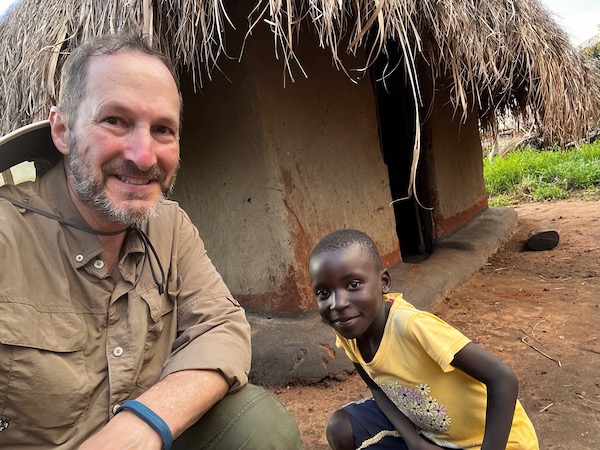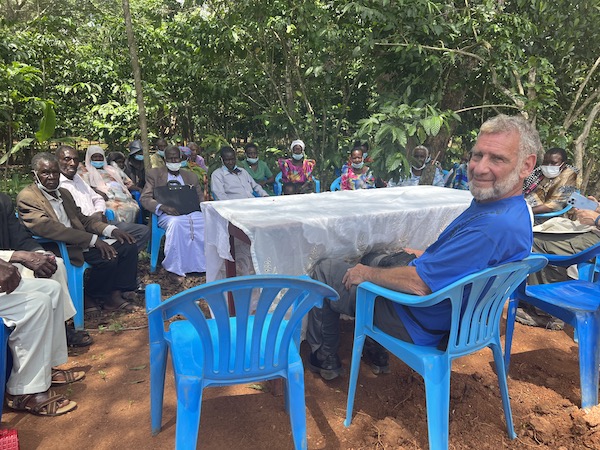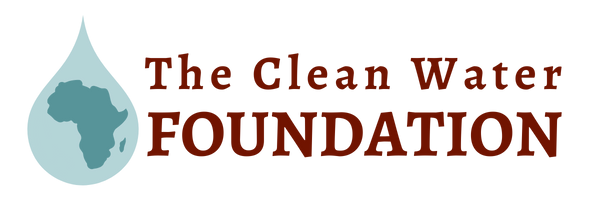Sustainable projects
COMMUNITY PARTNERSHIPS
We’ve seen wells drilled by other organizations that don’t last. Some wells aren’t deep enough, while others break and aren’t fixed.
Sustainability is important to our mission. We create lasting relationships with communities, help form committees, and teach sanitary practices to insure long-term success.


FORMING Village Committees
MAKING OUR PROJECTS SUSTAINABLE
When we choose a community for a clean water project, the village elders must be actively involved and help set up various water committees. Wells, pipes, and pumps need routine maintenance. These committees insure sustainable clean water for the foreseeable future.
FEATURED STORY: PANDINGA, a 10 year partnership
10 years ago we drilled a deep water well in a small village named Pandinga. Then the village was able to drink, cook, and wash with clean water and they no longer walked miles to fetch water from a muddy hole.
They worked hard and were able to grow some vegetables. The villagers sold the vegetables at a local market and purchased more seeds with the money. Then they planted more produce and earned more money. Then their children were able to go to school.
With their savings, the finance committee purchased some goats. A year later, the goats died in a drought. Despite their regular maintenance work, the water well stopped working after nearly 10 years.
They saved half the amount needed to fix the well, and we supplemented the rest. The moral of the story: Don’t buy goats with savings meant for a rainy day.
Help us continue these sustainable partnerships and projects.
